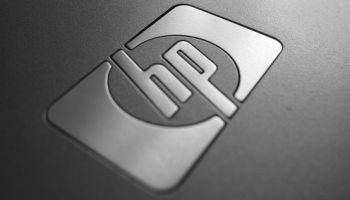HP has recalled 162,000 lithium-ion laptop batteries after a number of people reported incidents of injuries and burns affecting batteries that hadn’t been included in an earlier recall.
In May 2010 HP announced a recall programme affecting about 54,000 batteries, which itself followed on from a May 2009 recall affecting about 70,000 batteries, according to the US Consumer Product Safety Commission (CPSC).
Burns and property damage
Since the May 2010 recall, however, HP has received 40 reports of batteries that overheated and ruptured, resulting in seven burn injuries, one smoke inhalation injury and 36 instance of property damage, according to the CPSC.
The batteries involved in the incidents hadn’t been included in previous recalls, the CPSC said. The batteries are used in various model series of HP and Compaq laptop computers.
The batteries, manufactured in China, were sold from July 2007 through to July 2008.
“We are taking this action as part of our commitment to provide the highest quality of service to our notebook customers,” HP said in a statement. “We are proactively notifying you of this issue and are prepared to replace all verified battery packs.”
The issue affects about 5 percent of all of the laptop products manufactured between July 2007 and May 2008, HP said.
The company said users should locate the product number on their laptop battery and use a validation tool provided on the HP website to see whether their product is affected. If so, HP said it would replace the batteries at no cost.
“Consumers who had previously checked their batteries and were informed they were not included in previous announcements are urged to check again,” the CPSC stated.
‘Sandy Bridge’ recall
HP in February halted production of PCs containing a flawed chipset from Intel and offered replacements or refunds to consumers who already have bought affected systems.
HP’s decision follows Intel’s announcement that a design flaw in a supporting chipset tied to its “Sandy Bridge” Core-i processors caused the PCs not to function properly.
RIM in May recalled 1,000 faulty PlayBook tablet computers due to a problem with the operating system.





